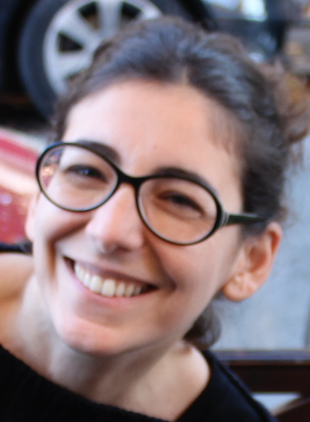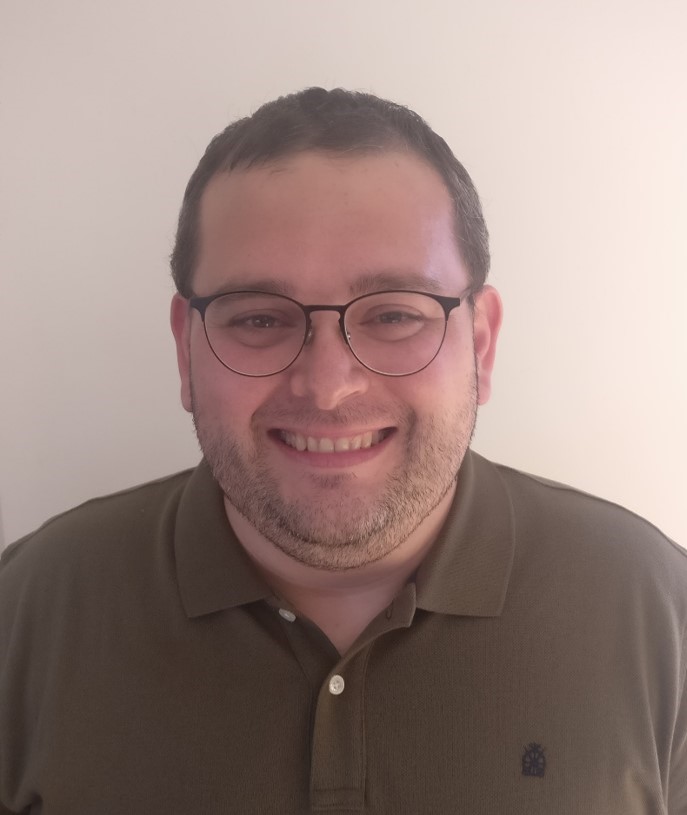
PerMedCoE webinars are open to everyone interested in PerMedCoE tools and activities. The webinars will include a 30-40 minutes presentation and a Q&A section of around 15 minutes. The recording of this webinar will be publicly available on this web page and the PerMedCoE YouTube channel.
Webinar:
| Speakers: | Laurence Calzone (Institut Curie) and Arnau Montagud (Barcelona Supercomputing Center) |
| Date and time: | Tuesday 21 June, 15.00 – 16.00 CEST |
| Target group: | Anyone interested in the use of HPC-based methods for modelling biological processes, and in PerMedCoE use cases and activities |
| Learning outcomes: | Describe how HPC can scale up the the computational power for modelling biological processes Explain possible clinical applications of HPC-based modelling |
| Watch the recording | |
| Access the slides |
Mathematical models of the biological processes that are deregulated in diseases show a high complexity not only because of the number of genes and pathways involved, but also because of the numerous patients or samples to include in the simulations in order to be predictive. One way to address these issues is to combine High Performance Computer (HPC)-based methods to scale up the power of the computation with mechanistic and statistical modelling approaches.
In the context of the PerMedCoE project, we have brought together computer scientists and modellers to define the needs and the methods that need to be developed to optimise the simulations of these computationally-demanding models. Two use cases were defined: the first one describes a workflow that inputs omics data of cancer patients and outputs personalised combinations of drugs per patient based on a model of intracellular signalling pathways; and the second one aims at uncovering COVID-19-related mechanisms that explain the differences in severity among patients using personalised agent-based models of different cell types.
We will conclude by briefly discussing the possible clinical applications of such types of models.
About the speakers:

Dr Laurence Calzone is a research scientist at Institut Curie. France. She has published mathematical models using several formalisms including nonlinear ordinary differential equations and Boolean formalism to address specific biological questions related to cancer (cell fate decision processes in response to cell death signals, interplays between MAPK pathways, metastasis process, etc.) with the aim to provide personalised treatments. She has experience in constructing these models based on published articles and in analysing patient data using these models. She has participated in developing methods and tools to improve the simulations of the mathematical models she builds. She is an active member of modelling communities such as CoLoMoTo and SysMod.

Dr Arnau Montagud is a research scientist at the Life Sciences department of the Barcelona Supercomputing Center. During his last undergrad year Arnau participated in synthetic biology’s iGEM competition where he dove into the use of models in Biology, which pushed him to pursue a PhD in the Department of Applied Mathematics in the Technical University of Valencia. His research on Metabolic Engineering of hydrogen in cyanobacteria led him to be a visiting researcher at Uppsala University, Denmark Technical University and EMBL Heidelberg. After graduating, he decided to apply modelling techniques to Cancer using logical models, agent-based models and data deconvolution and integration.





